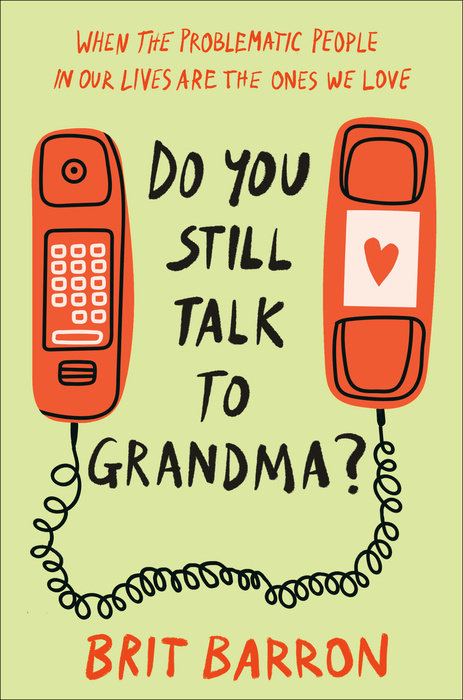What do you think?
Rate this book


160 pages, Hardcover
First published October 1, 2024
"I have no problems with actions having consequences, and I love that more people with microphones are feeling more conscious of how they use them, but the game has become 'don't get cancelled,' not 'be a good person,' and it shows."